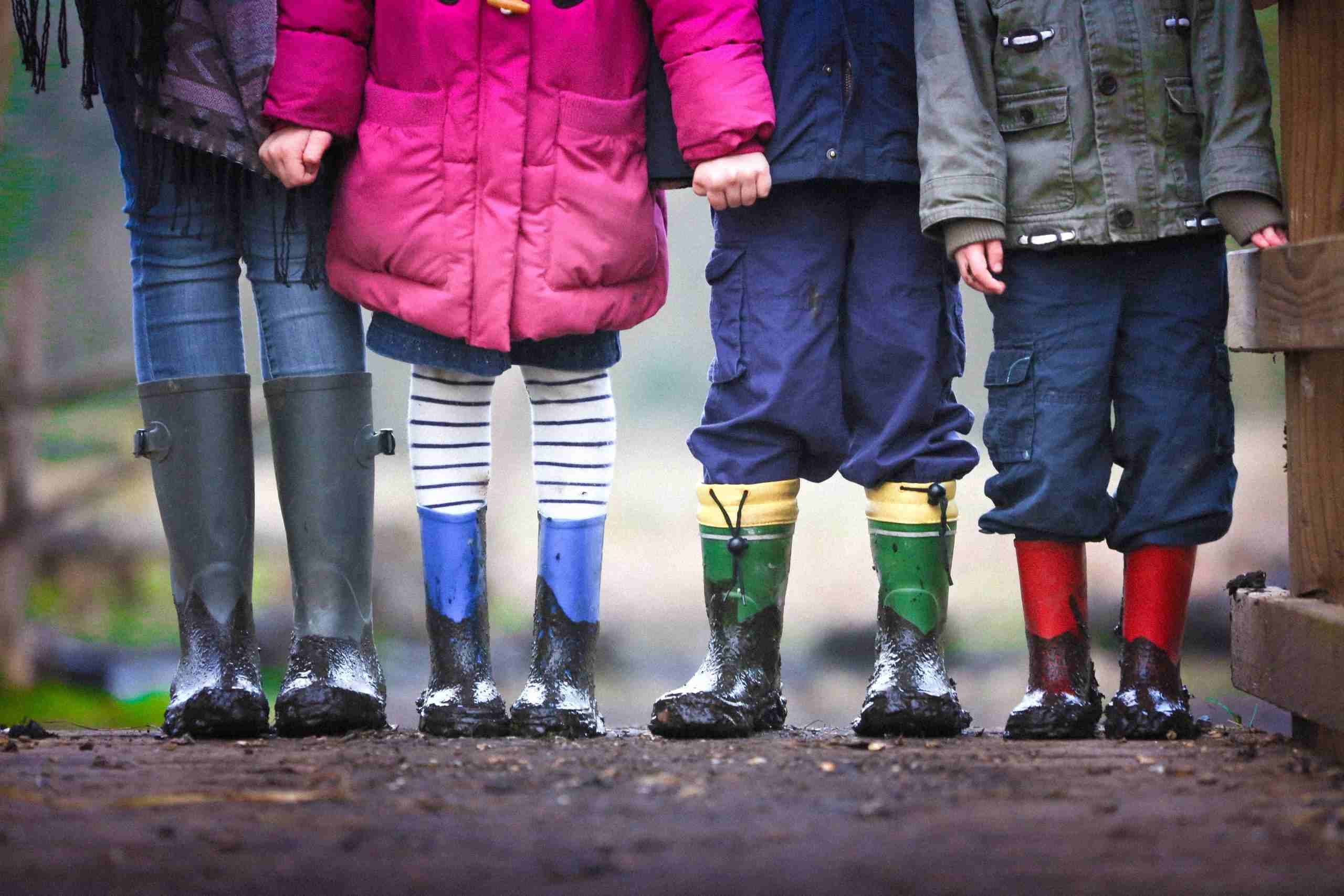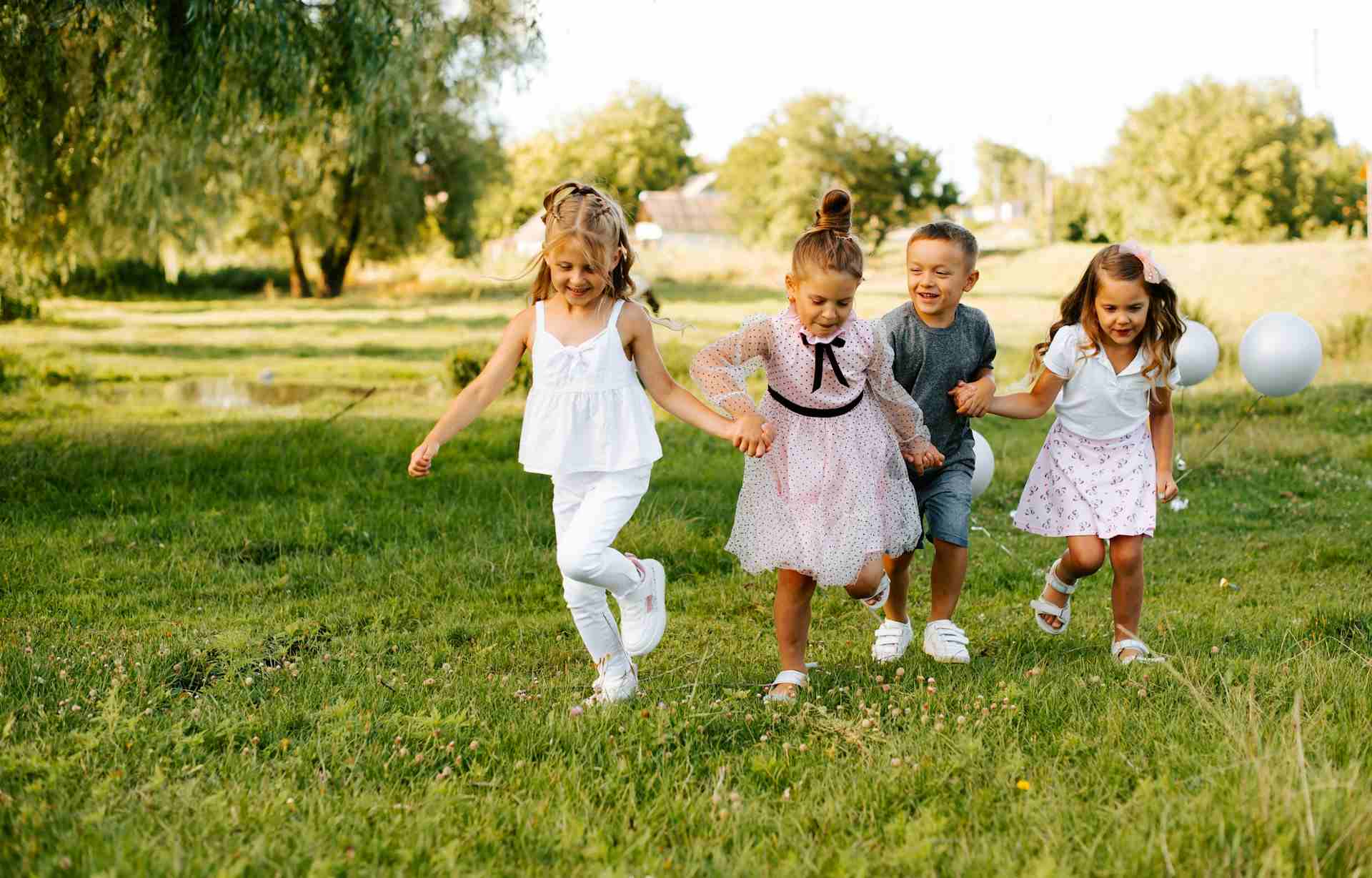How to Forgive: Dealing with Toxic and Dysfunctional Family Members
There aren’t any relationships quite like the relationship you have with your family. You can have “found family,” the people you gather around yourself as you make your way through life, and those relationships can be influential and life-changing. Your family, however, is that group of people you didn’t choose to be connected to, and maybe you wouldn’t ever pick them if you had the opportunity. However, it came about, family is a tie that binds. Putting it like that almost makes it seem as though families are more trouble than they’re worth, and more likely to be troublesome than not. Families are the first community we find ourselves part of, and they can be an amazing community of nurture and learning. These communities, like any other community, can be beautiful, but they can also be dysfunctional. What do you do when your family is toxic or dysfunctional? Various Ways Families May Be Dysfunctional When one or more people come together for a common cause, the door is open to issues such as unbalanced power dynamics, unhealthy communication, conflict, and personality clashes. There are different ways for a family to be dysfunctional, and each family can manifest dysfunction in its own unique way. Some common patterns of dysfunction in families include the following: Emotional dysfunction This includes issues such as emotional abuse, neglect, and placing unrealistic expectations upon family members. Abuse can take the form of belittling humor, emotional manipulation, and verbal aggression. Ignoring or being dismissive of family members’ needs is emotional neglect. Families are also spaces where excessive pressure to succeed is often placed on people. Communication breakdown Communication is the lifeblood of a relationship, and there are various ways it can break down. Dysfunction might take the form of passive-aggressive behavior, being overly critical of one [...]












